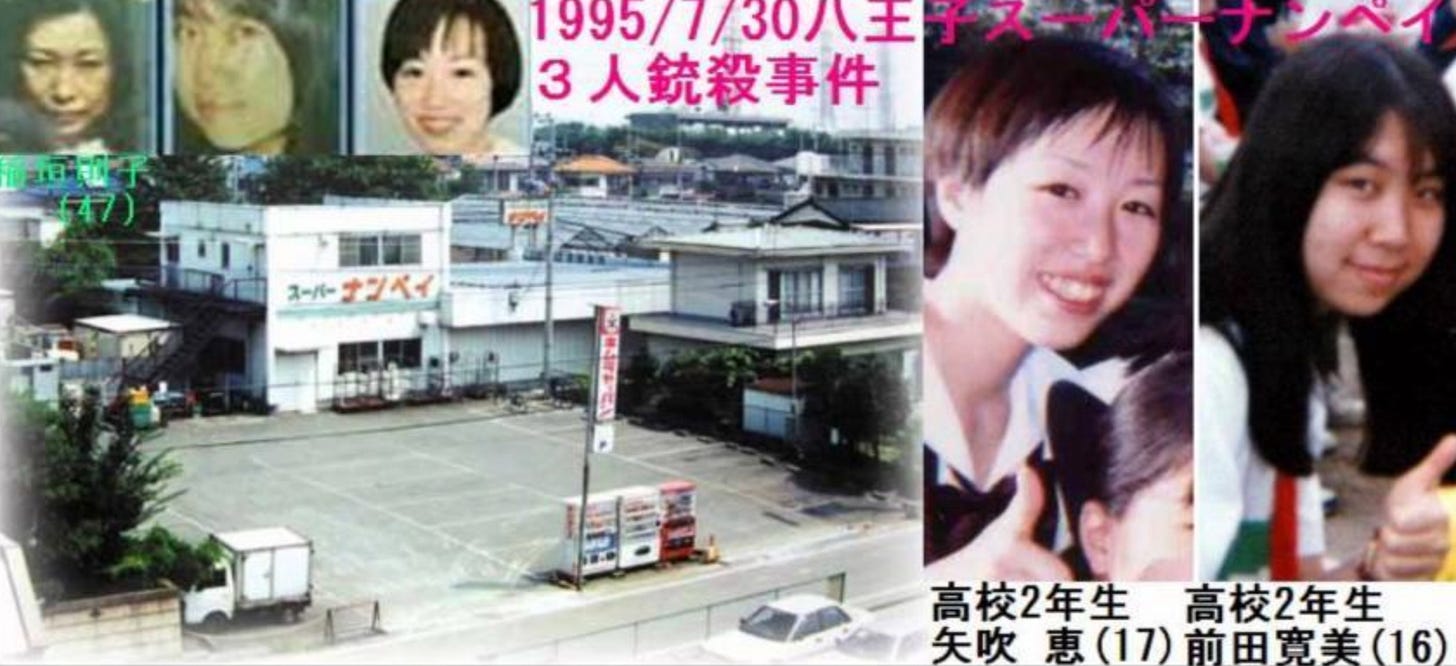Leader of Chinese Chamber Linked to RCMP ‘Police Station’ Probe Was Sought by Japan for Triple Murder Questioning, Tied to Synthetic Drug Investigations

TORONTO — Four years after the RCMP first announced investigations into alleged clandestine Chinese “police stations” in Toronto, The Bureau has learned that a Fujian business leader listed as a key principal for the Markham clubhouse under investigation was previously the subject of major narcotics, organized-crime, and triple-murder inquiries in Japan — long before arriving in Canada amid a history of falsified travel documents, gaining citizenship through a refugee claim, and later rising in political and business circles tied to Beijing’s United Front Work Department.
Known by the alias Takayuki Harada at the time of the brutal 1995 murder of three female grocery-store workers in Tokyo, the migrant from China is currently listed in business documents as a director of the Canada Toronto Fuqing Business Association — a Fujian-linked chamber headquartered at the 200-block Royal Crest Court, an industrial plaza near Highway 407 in Markham.
That same Fuqing Business Association address — linked to the man this story refers to under his forged-passport name, “Harada” — appeared in Safeguard Defenders’ 2022 report 110 Overseas, which identified three suspected Chinese “overseas police service” sites in Canada. When The Toronto Star visited the property that year, tenants denied any such activity. Harada, now associated with grocery-store ventures in the Greater Toronto Area, has likewise denied any allegations of wrongdoing in either Japan or Canada.
But a review of Canadian and Japanese court files — including witness statements from Japanese and Chinese underworld figures convicted in methamphetamine-trafficking and robbery networks tied to Harada — reveals a transnational pattern of organized crime linking Fujian, Tokyo, Dalian, and ultimately Toronto. In Canada, Fujian human-trafficking and visa-fraud syndicates have built not only a powerful criminal footprint but also expanding political and diplomatic influence. That influence is underscored by Harada’s proximity — and that of several senior Fujian-chamber leaders — to Chinese diplomats and prominent Canadian officials, including former Liberal Party leader Justin Trudeau and multiple Greater Toronto federal, provincial, municipal, and police representatives.
Keep reading with a 7-day free trial
Subscribe to The Bureau to keep reading this post and get 7 days of free access to the full post archives.


